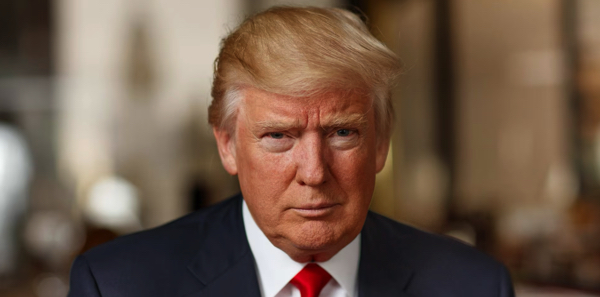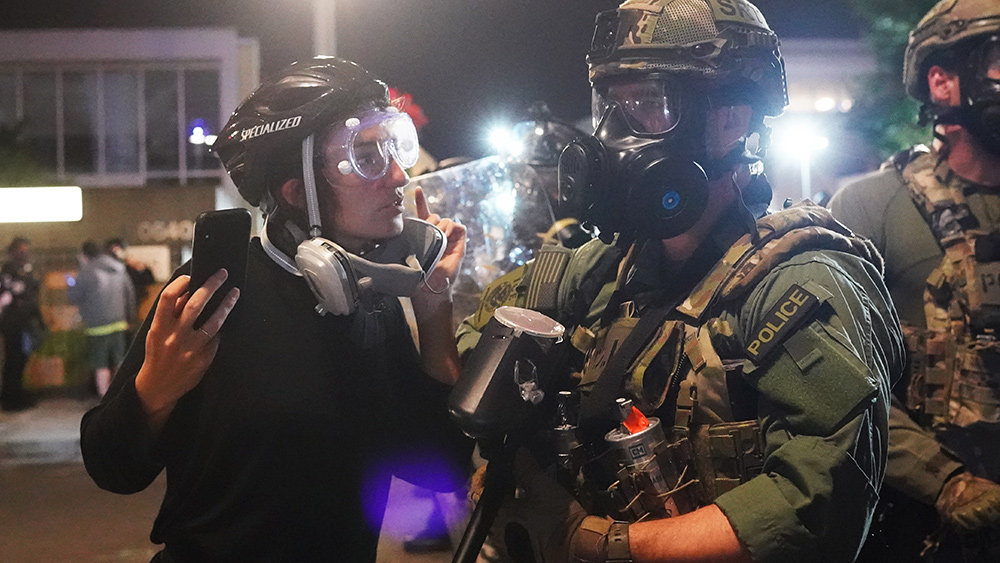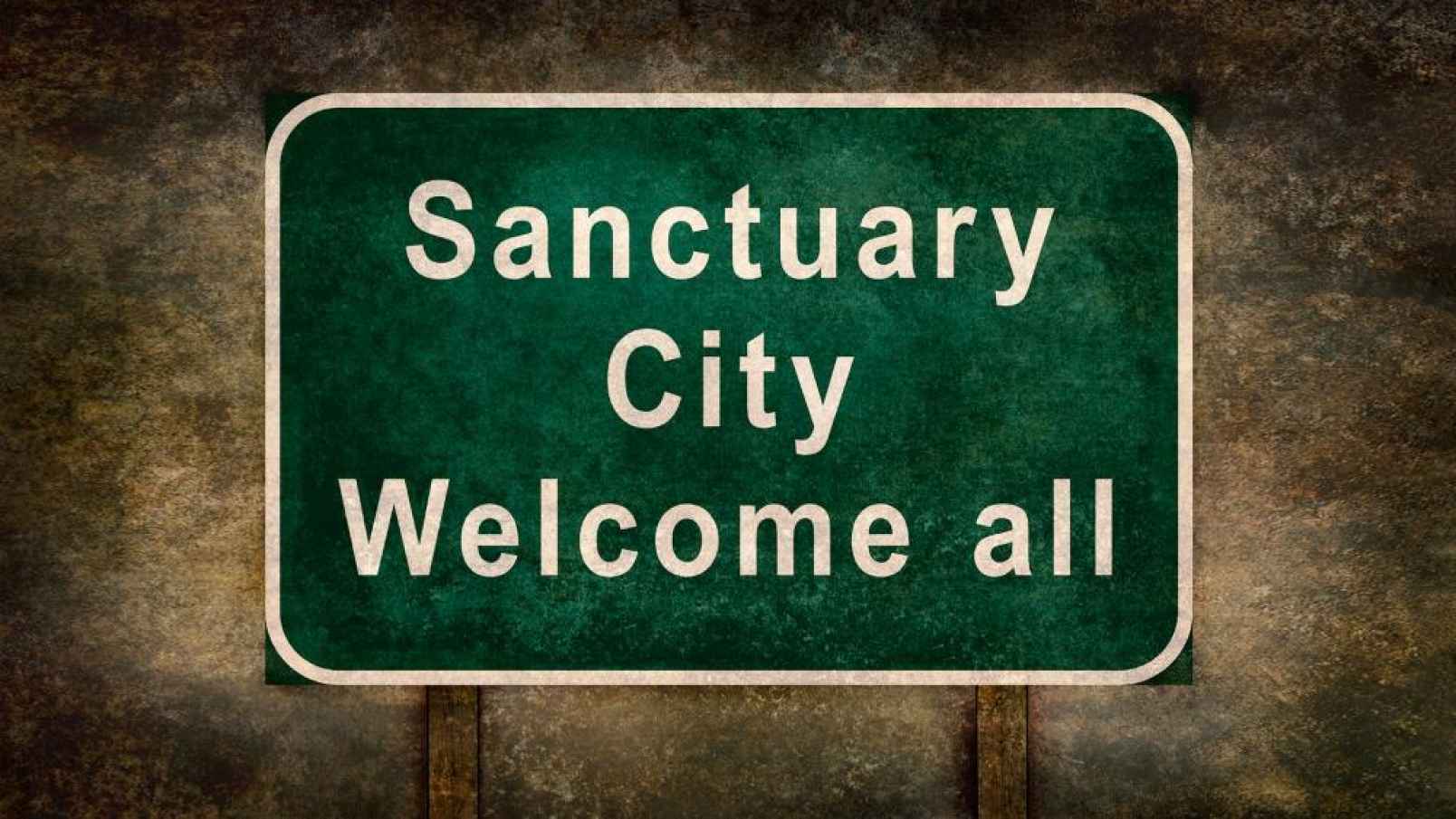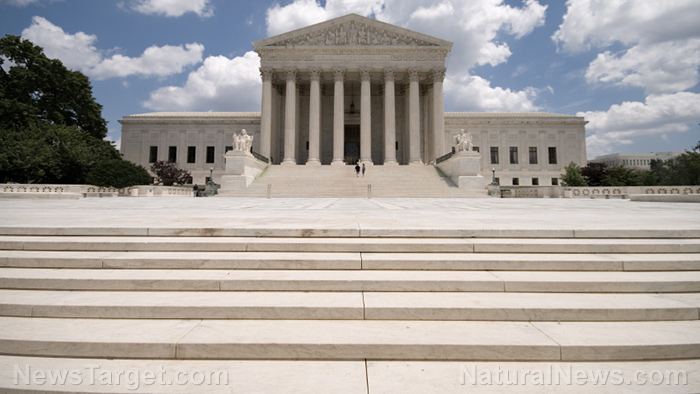Trump DOJ targets naturalized citizens with criminal convictions in sweeping denaturalization drive
07/03/2025 / By Willow Tohi

- The Trump Department of Justice (DOJ) will prioritize revoking U.S. citizenship from naturalized immigrants convicted of serious crimes, including terrorism, violent offenses and financial fraud.
- A memo from DOJ’s Brett Shumate cites national security concerns and “ongoing threats” as key reasons for the denaturalization crackdown.
- Denaturalization cases have surged under Trump’s administration, tripling since 2016, though critics argue the policy risks overreach and targeting of innocent immigrants.
- The DOJ successfully stripped citizenship from a British man last month for concealing child pornography crimes on his naturalization application.
- Legal experts warn the policy could deter lawful naturalization applicants and disproportionately impact marginalized communities.
A recent announcement from the Trump administration marks a dramatic escalation in efforts to revoke citizenship from naturalized Americans involved in criminal activity or threats to national security. The plan, outlined in a June 11 memo from Assistant Attorney General Brett Shumate, prioritizes stripping citizenship from individuals who concealed crimes, engaged in financial fraud, or aided cartels—and ultimately deporting them.
The directive targets offenses like human trafficking, sexual abuse and participation in gangs or drug operations. Shumate emphasized the move aligns with “lawful” denaturalization processes, which date back decades but have become increasingly contentious. The DOJ’s focus now includes unprecedented scrutiny of cases like that of a Louisiana-based citizen, whose 2013 naturalization application hid prior possession of child pornography.
“Denaturalization is a powerful tool to remove those who betray public trust,” Shumate said, citing their ability to “prevent terrorists from leveraging U.S. passports.”
From Operation Janus to Trump’s expansion
The DOJ’s latest push builds on a 20+ year trend—but with a marked uptick under Trump’s leadership. Since 1990, the DOJ averaged just 11 denaturalization cases yearly until Operation Janus, launched under the Obama administration in 2016. This initiative targeted immigrants who obtained citizenship under false identities, exposing 800 cases where individuals evaded deportation by lying.
However, Trump’s DOJ has drastically shifted priorities. From 2017 to 2018, the U.S. Citizenship and Immigration Services referred 2,500 potential cases to the DOJ, with over 100 filed for prosecution. By 2025, the DOJ’s newly aggressive stance aims to synthesize these efforts into a streamlined strategy to “prioritize threats to national security” and criminal activity.
Critics like attorney Matthew Hoppock argue the DOJ’s approach is both ambitious and dangerous. “They’re blowing the doors open on denaturalization,” he said. “But without safeguards, this could become a weapon against law-abiding immigrants.”
Critics raise fears of overreach
Legal experts and advocates warn the policy risks politicizing immigration enforcement and chilling legitimate naturalization applications. Cassandra Burke Robertson, a law professor at Case Western Reserve University, noted that while denaturalization has roots in the McCarthy era’s anti-communist campaigns, its modern use could similarly target dissent.
“I’m worried about fringe cases where the DOJ uses minor technicalities—like an unchecked box in a 10-year-old application—to strip citizenship,” said Elizabeth Taufa of the Immigrant Legal Resource Center. Such fears gained steam in March after Trump’s DOJ targeted pro-Palestinian Columbia University activist Mahmoud Khalil for alleged speech-related “national security risks.”
Criminal defense attorney Christopher Wellborn echoed these concerns. “The agenda is to label entire communities, from gang members to fraudsters, as inherently illegitimate,” he said. “This memo’s broad language invites abuse.”
On social media, opponents framed the move as a legal overreach: “Incredibly dangerous—the trend shows we’re normalizing stripping rights from U.S. citizens,” tweeted Pulitzer-winning journalist Nikole Hannah-Jones.
A crossroads of security and liberty
The DOJ’s July 1 announcement spotlights a fundamental tension between enforcing the law and safeguarding civil liberties. While advocates applaud targeting dangerous criminals like fraudsters and members of transnational cartels, the policy’s expansiveness has raised alarms about freedom-threatening expansions of federal authority.
As the Trump administration races to frame immigration reform as a moral imperative ahead of 2026 elections, the debate will intensify. “This isn’t about politics—it’s about keeping Americans safe,” Shumate insisted. Yet, the message conflicts with ethical questions about due process and the foundational assurance that once awarded, citizenship is not lightly revoked.
For now, thousands of immigrants face an uncertain fate—one where a decades-old lie, a minor conviction, or even a controversial protest could suddenly cost them their American identity.
Sources for this article include:
Submit a correction >>
Tagged Under:
big government, citizenship, crime, deported, DOJ, false identities, invasion usa, migrants, national security, resist, Trump
This article may contain statements that reflect the opinion of the author
RECENT NEWS & ARTICLES
COPYRIGHT © 2017 INVASIONUSA.COM
All content posted on this site is protected under Free Speech. InvasionUSA.com is not responsible for content written by contributing authors. The information on this site is provided for educational and entertainment purposes only. It is not intended as a substitute for professional advice of any kind. InvasionUSA.com assumes no responsibility for the use or misuse of this material. All trademarks, registered trademarks and service marks mentioned on this site are the property of their respective owners.




















